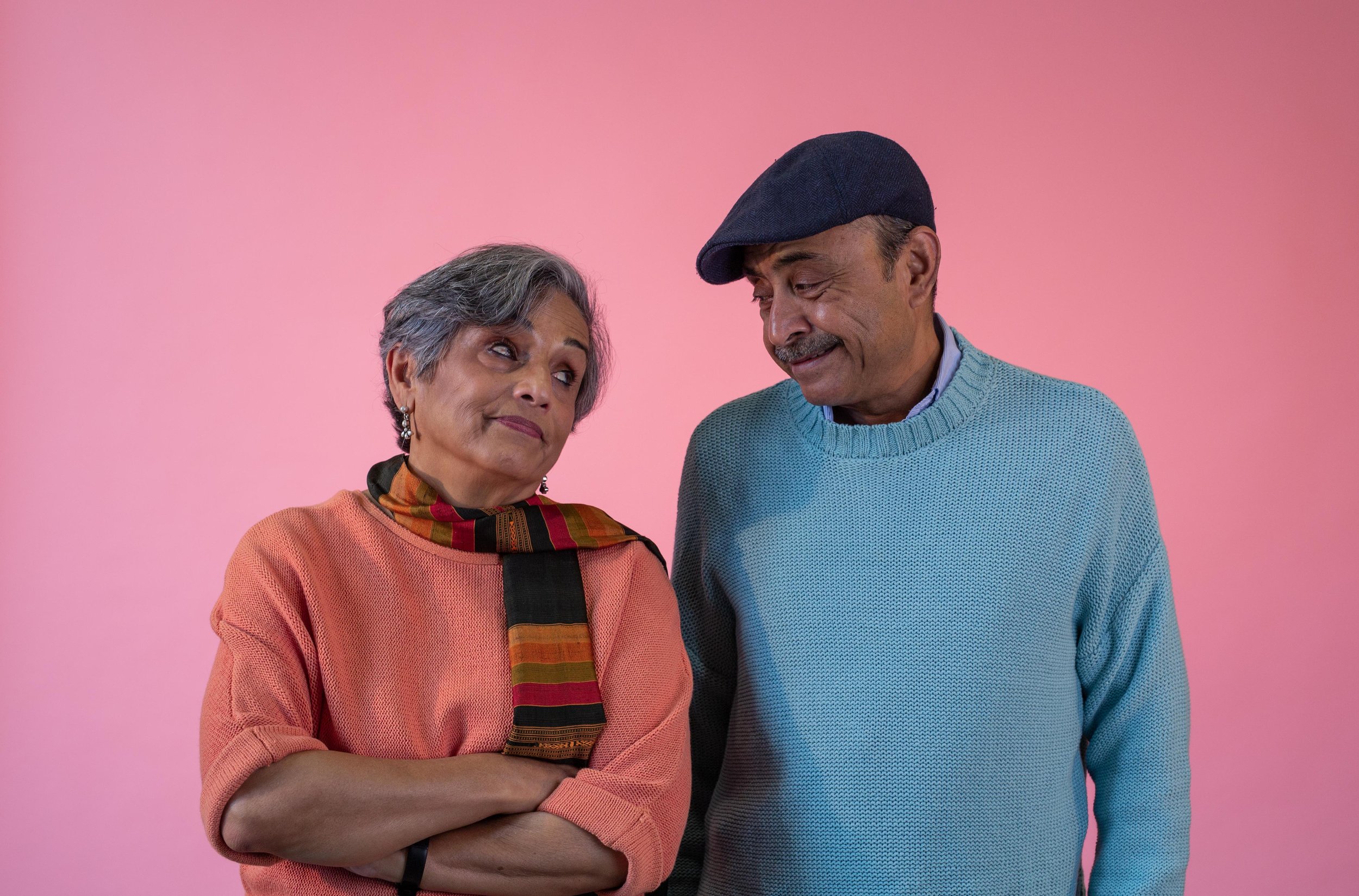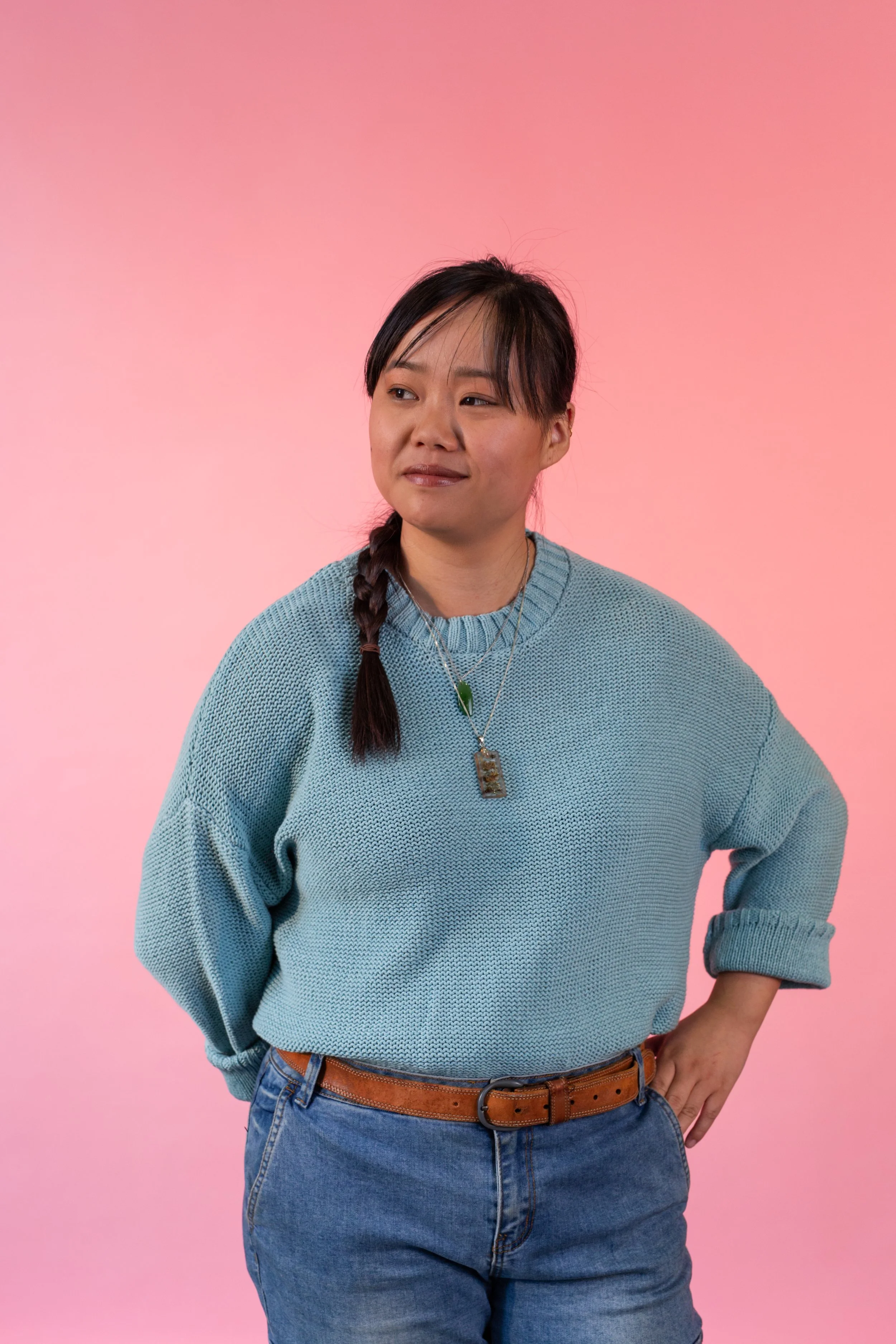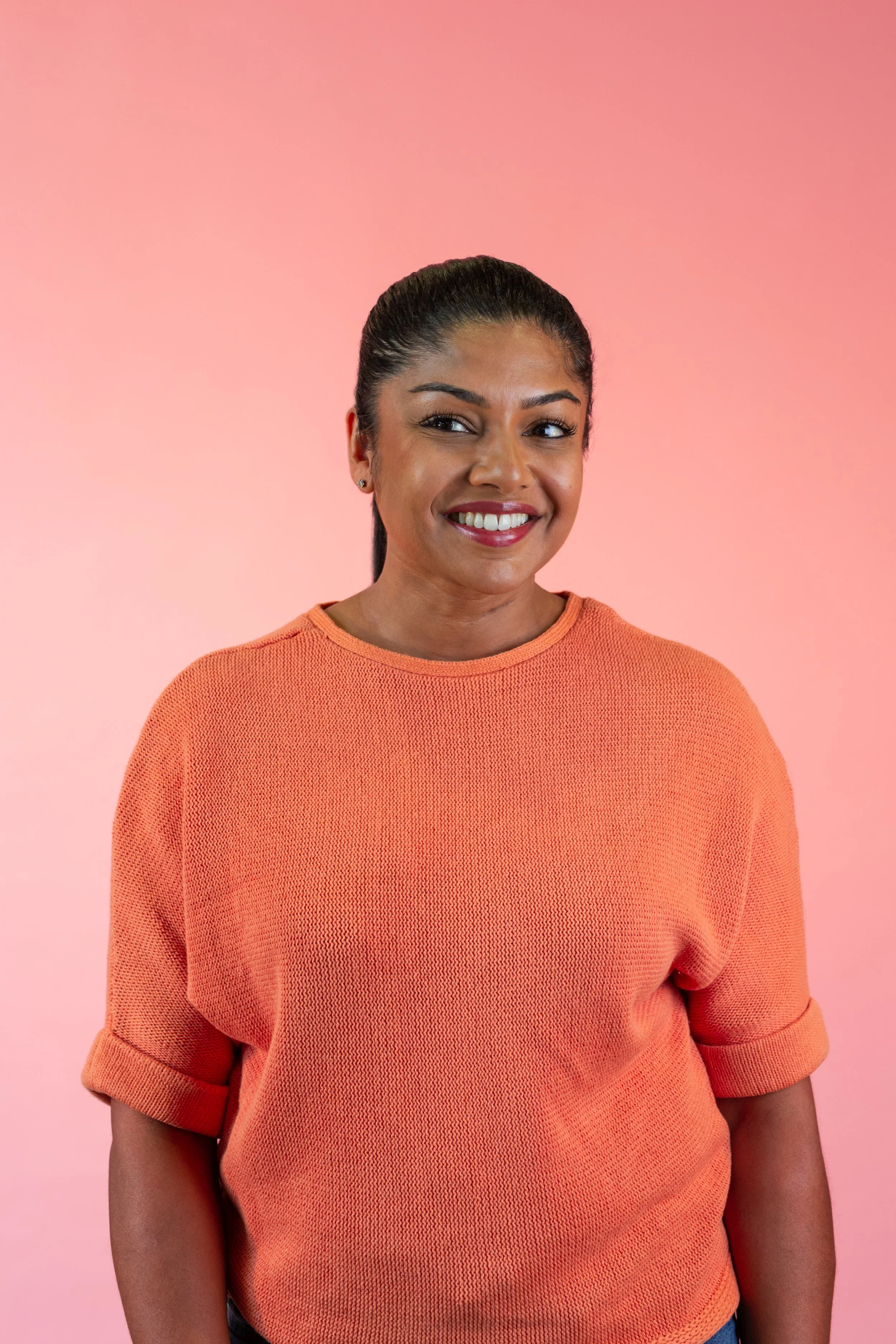The next show from New Zealand’s biggest South Asian theatre company Prayas Theatre, Dhaba on Devon Avenue, comes to TAPAC from 26 May to 5 June 2022. From American playwright Madhuri Shekar, this searing family drama blends King Lear and The Cherry Orchard in a story of fathers, daughters, and survival at all costs.
Dhaba Canteen has been an institution since the 90s, with their delicious Sindhi food transporting customers back to the halcyon days of an undivided India. But now it’s on the verge of bankruptcy, and the family that’s run it for generations is ready to go to war over its fate.
The critically acclaimed Prayas Theatre relocates Madhuri Shekar’s fierce, witty, observant play to Auckland to tell the story of Pooja, an elderly Indian restaurateur. Pooja fights the closure of her 30-year-old Sindhi restaurant by insisting on maintaining her decades-strong authentic menu despite dwindling patronage, changing times, and a looming foreclosure.
Dhaba on Devon Avenue is a play about generational change, race, and the immigrant experience as seen through the eyes of an elderly Indian woman. The story was inspired by Chicago’s South Asian community, the third-largest population of South Asians in the USA, but the parallels with Auckland are many and infinitely relatable to diasporic South Asian communities in the Western world.
Most importantly, the show speaks to the intergenerational conversation that happens between the young and the old, regardless of cultural background. What happens when the need to survive comes against the need to thrive? Or when holding onto legacy stops you from walking into the future? Shekar engages with these meaty topics, creating universally relatable stories that speak to, and beyond, the immigrant experience.
Shekar is a shining new voice in US theatre, an alum of The Juilliard School’s Playwriting programme and a fellow at New Dramatists. In 2020, she was the recipient of the prestigious Lanford Wilson Playwriting Award. Her audio play Evil Eye debuted on the Audible bestseller list in 2019 and has been adapted into a feature film on Amazon Prime. She is also a credited writer on HBO’s upcoming series The Nevers. In 2020, plans to mount the premiere season of Dhaba on Devon Avenue at Chicago’s Victory Theatre were dashed when the world went into lockdown and rehearsals were cut short. Prayas’ relocation of the tale to Aotearoa allows for an Antipodean interpretation of this exciting new work.
The cast includes a mixture of Prayas mainstays and newcomers, including Ayesha Heble (A Fine Balance, First World Problems 2.0 and 3.0), Narme Deva (Yātrā, First World Problems 3.0), along with newcomer and advocate of using theatre to tell important stories Samantha Cheong. They join founding member of Prayas Amit Ohdedar, and Namrata Mankame-Shanbag, another newcomer to Prayas and returning to the stage for the first time in a decade. Sananda Chatterjee sits in the director’s seat to lead this ensemble.
This production continues Prayas Theatre’s successful 17-year run in the Aotearoa theatre scene, having fast become our country’s largest and most acclaimed South Asian community theatre and cultural group. This play, handpicked from abroad for its relevance, speaks to the company’s goal of producing work that speaks to both the wider audience of Aotearoa, but also the experiences of the South Asian people who live here, to share, integrate with and enhance the cultural mosaic of this land. -TIN Bureau







